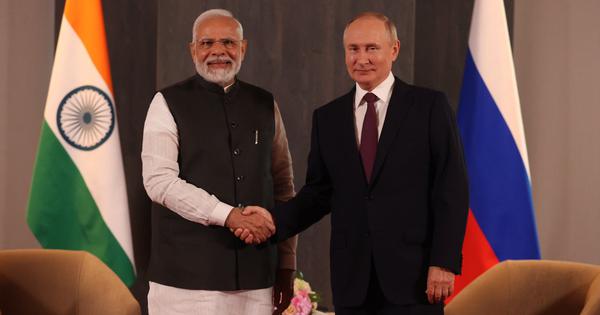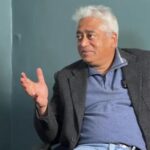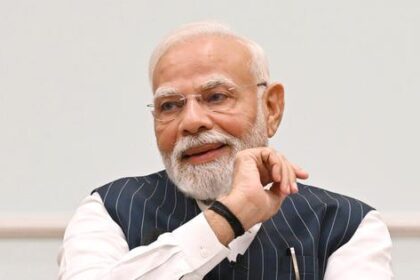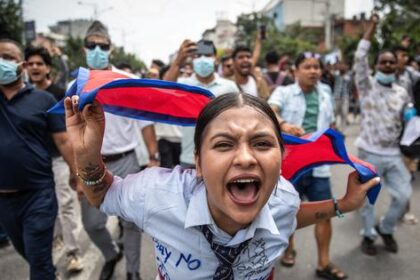New Delhi emphasizes the importance of accuracy in international statements regarding its foreign relations.
The Ministry of External Affairs in India has firmly rejected the recent remarks made by NATO Secretary-General Mark Rutte. During an interview with CNN, Rutte claimed that U.S. tariffs imposed on India concerning Russian oil purchases were compelling Prime Minister Narendra Modi to engage in discussions with Russian President Vladimir Putin. The assertion suggested that Modi was asking Putin for clarification on his strategy regarding the ongoing situation in Ukraine.
Responding to these claims, Ministry spokesperson Randhir Jaiswal labeled Rutte’s statements as “factually incorrect and entirely baseless.” He emphasized that at no point has Prime Minister Modi communicated with President Putin in the manner described by Rutte. Jaiswal called on the leadership of NATO, an organization of significant global standing, to exercise greater responsibility and accuracy in their public statements.
The context of these comments is rooted in the increasingly strained relations between New Delhi and Washington, primarily due to the tariffs that U.S. President Donald Trump has imposed on Indian goods. These tariffs are viewed as retaliatory measures in light of India’s continued purchases of Russian oil amidst the ongoing conflict in Ukraine. Rutte, in his interview, mentioned that these tariffs were impacting Russia and suggested that India was in a vulnerable position.
On the diplomatic front, Union Commerce Minister Piyush Goyal has been actively engaging with U.S. Trade Representative Jamieson Greer in New York, seeking to expedite trade negotiations between the two nations. Reports indicate that Indian and U.S. negotiators had completed a fifth round of trade talks in Washington back in July, but subsequent discussions have stalled following the implementation of U.S. tariffs. The U.S. imposed a 25% “reciprocal” tariff on August 7, followed by an additional punitive levy of the same percentage on August 27.
India has expressed its discontent regarding the U.S. decision to impose these tariffs, stating that it is “extremely unfortunate” for India to be penalized for actions that other nations also undertake in their own national interests. The Indian government has reiterated its commitment to ensuring that its energy imports remain predictable and affordable for consumers, emphasizing its need to safeguard national interests and economic security.
As tensions continue to simmer, the Indian government remains vigilant about its diplomatic relations and the implications of international policies on its economic landscape. The Ministry of External Affairs’ response to NATO’s claims underscores India’s desire for accurate and responsible communication in the sphere of international relations.








